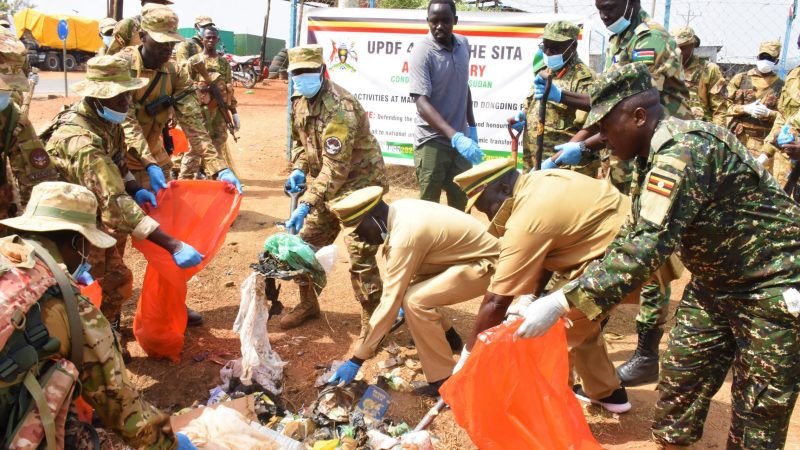By: Kabaale Rajjab
Last week, the World marked World Hepatitis B day. Whereas Uganda has previously been lauded for its successful fight against global epidemics like HIV/AIDs and Ebola, much of the initial costs incurred in form of human life have always had a lot to do with the pervasive ignorance around such scourges, and the initial lukewarm response from health authorities in the epidemic’s early stages.
And so is the case today with Hepatitis B. One of the most dangerous health epidemics today, the disease that has in the recent past gained global notoriety remains largely unknown in Uganda. In other parts of the world, people are able to have std testing done for things like Hepatitis B, however, that may not be available in Uganda, so people are in the dark about what it is and what they need to do,
2 of every 10 Ugandans are reported to neither have heard of the disease nor aware of its prevention and treatment.
More worryingly, this ignorance spans both the rural, and urban dwellers, regardless of levels of education. Because it rarely shows symptoms and can only be discovered through screening, almost everyone is vulnerable.
The disease affects the liver, damaging it in the process, and is easily spread through practicing unprotected sex with an infected person, sharing sharp instruments (needles, razor blades) with them, and getting into contact with fluids like semen, and sweat that they excrete.
Yet, because of limited information in the public domain, victims are prone to stigma.
In some cases, people do not even want to share toilets/latrines with infected persons. Moreover treatment of the disease is still very expensive.
Doing a viral load count alone costs between Shs.260, 000 and Shs.400, 000. And that is before paying for treatment. That, coupled with the uneven spread of hepatitis B screening centers across the country, inhibits efforts to combat the disease.
There is thus urgent need for doubling efforts to not only create awareness about the disease, but also encourage preventive measures which include early screening to ascertain the hepatitis B virus status.
Health campaigns like decentralizing information about the disease and carrying out routine immunizationwould go a long way in helping the fight against the disease too.
While some health facilities like MBN clinical laboratories are already undertaking some of those efforts, they need to be complemented.
At the macro level especially, the Ministry of Health must treat this as a national emergency and roll out an elaborate plan to combat further spread of the disease. This could take the form of subsidizing Hepatitis B vaccines, decentralizing screening centers to all parts of the country, among others.
This is not only for welfare reasons. It is also for economic reasons – for only a healthy population can be productive.Thus if the Government is serious about attaining its middle income dream, the first step will have to be addressing the health risks threatening its workforce.
The author is a social critic









